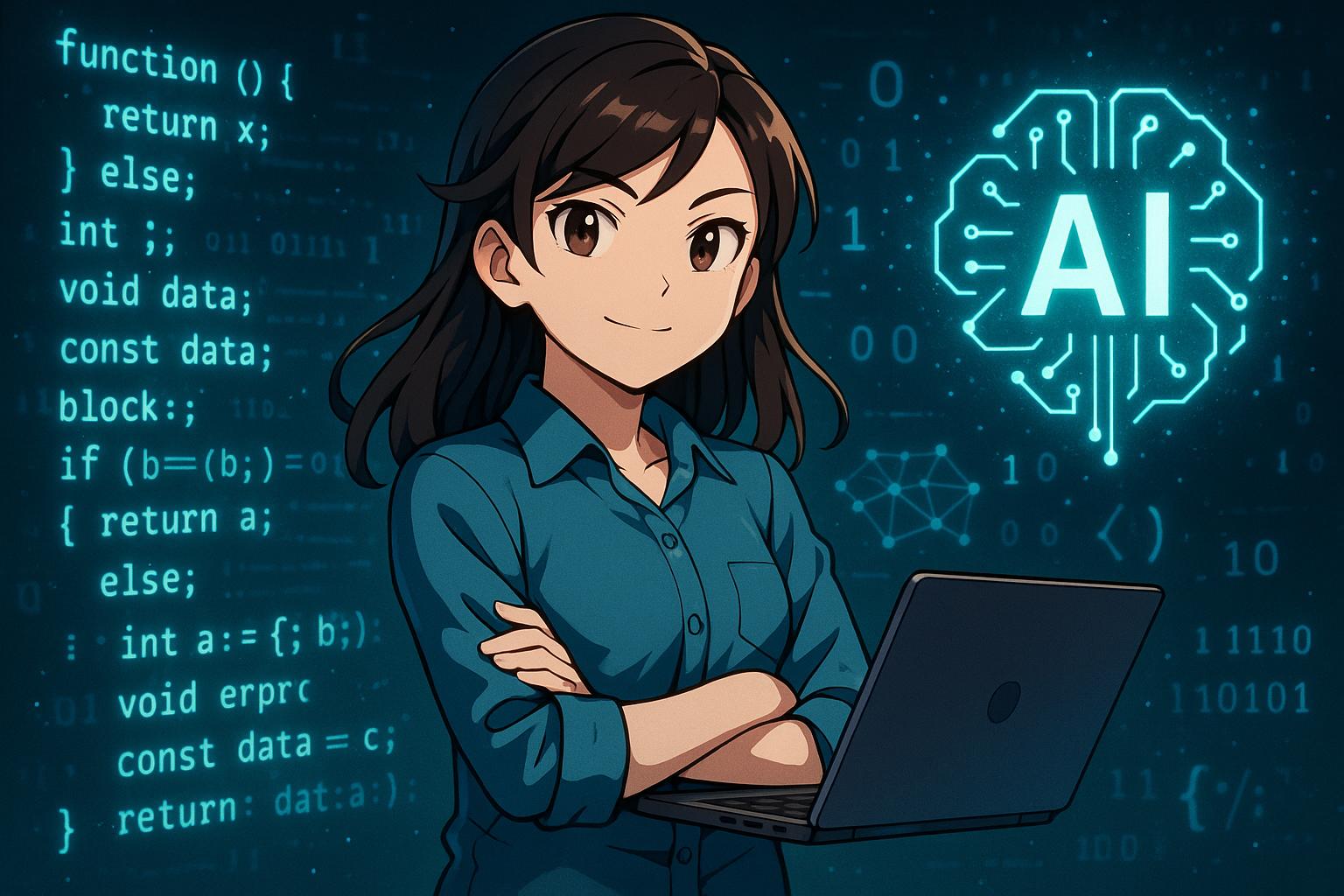In a rapidly evolving technological landscape, the relevance of a computer science education has faced increasing scrutiny. However, Aparna Chennapragada, Microsoft’s Chief Product Officer of Experiences and Devices, advocates passionately for the enduring significance of coding skills in an era where automation and artificial intelligence (AI) dominate. In a recent interview, she has openly challenged prevalent doubts about the necessity of pursuing a degree in this field, asserting that foundational skills in computer science remain indispensable.
Chennapragada argues that learning to code is not merely about software development, but encompasses a deeper understanding of the principles and logical frameworks necessary for driving innovation. “I fundamentally disagree with the idea that people shouldn’t study computer science,” she asserted, noting that the problem-solving abilities developed through such education are broadly applicable across various sectors. This viewpoint aligns with research highlighting how core computer science concepts—such as algorithms and data structures—are pivotal in not only developing but also comprehending AI systems, thus reinforcing the argument for computer science education in today’s tech-centric world.
Recognising the transformative role of AI tools in software development, Chennapragada is optimistic about the future landscape for software engineers, who may evolve into positions akin to "software operators.” This transition, she suggests, will not diminish the value of a computer science background but will redefine how professionals engage with technology, overseeing automated systems and optimising them for various applications. Importantly, she highlights that understanding the underlying principles of these technologies is crucial for effective management and utilisation.
As the conversation about the future of tech education intensifies, many voices are sceptical about the continued relevance of traditional coding skills. Nonetheless, Chennapragada's arguments find resonance among a growing consensus that computer science knowledge equips individuals with not only technical skills but also the adaptability required for the changing job market. The demand for jobs in AI development, software engineering, and data analysis has shown that computer science graduates are well-positioned to navigate diverse career paths, ultimately fostering a workforce adept at tackling new technological challenges.
Moreover, Chennapragada highlights an increasingly interdisciplinary approach essential for modern tech roles, where a combination of technical prowess with project management and strategic thinking is becoming the norm. This broader skill set is invaluable as technology continually reshapes traditional job functions, demanding a workforce that can adjust and pivot in response to emerging trends such as cybersecurity and data science. Her perspective acts as a reminder that adaptability remains key in an era marked by rapid technological disruption.
At the heart of her argument is a clarion call for aspiring tech professionals to embrace computer science education without trepidation. Chennapragada’s vision for the future underscores a fundamental truth: while specific tools may change, the core competencies of logic, analysis, and creativity continue to be integral to technological advancement. Such insights not only challenge the narrative of obsolescence surrounding tech education but also inspire the next generation to invest in skills that will shape the digital future.
In this evolving context, the commitment to optimising human expertise alongside AI capabilities has never been more vital. As the industry moves forward, Chennapragada’s insights serve as a compelling reminder that, even in an automated environment, human ingenuity remains the cornerstone of progress, and the importance of a solid education in computer science cannot be overstated.
Reference Map:
- Paragraph 1 – [1], [2], [5]
- Paragraph 2 – [1], [3], [4]
- Paragraph 3 – [1], [2], [6]
- Paragraph 4 – [3], [4], [7]
- Paragraph 5 – [1], [6]
Source: Noah Wire Services
